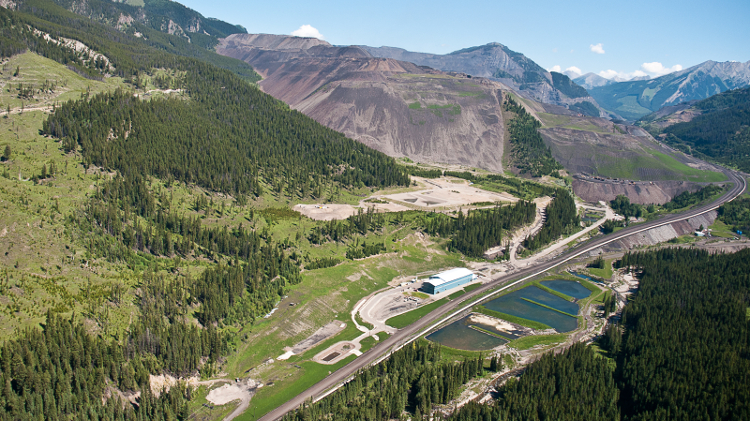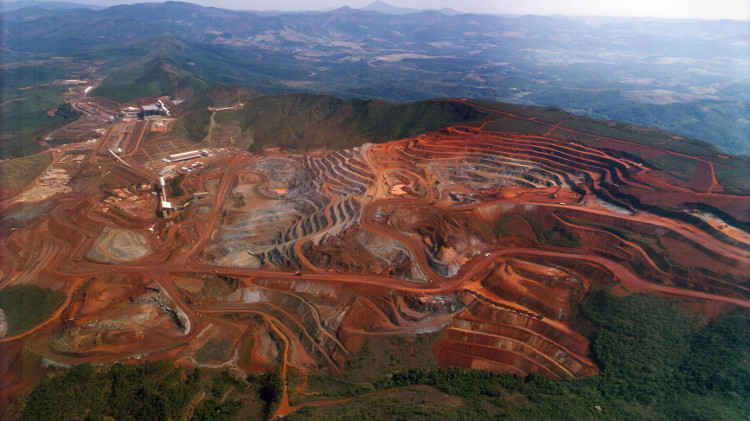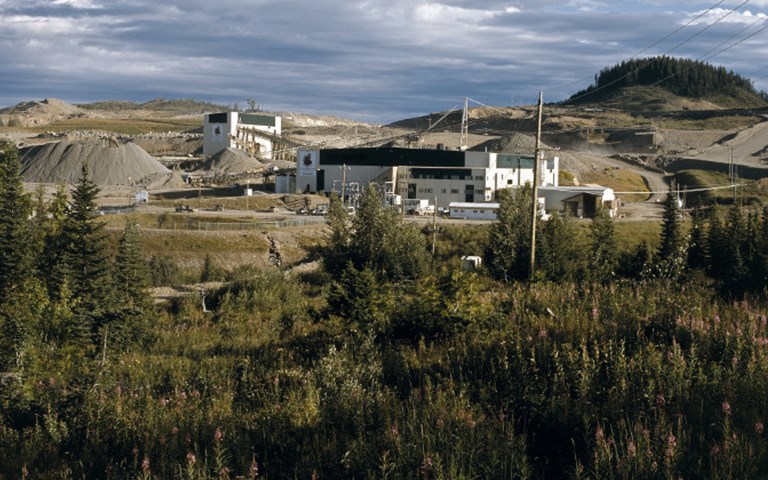The statute of limitations for laying provincial charges against Imperial Metals for the tailings dam failure at Mount Polley, pictured, expired August 4. Courtesy of Imperial Metals
Imperial Metals will not be charged under British Columbia’s environmental laws for the Mount Polley tailings dam collapse in 2014, but federal charges could still be possible.
The three-year deadline for laying provincial charges against the company expires today, and newly-appointed B.C. environment minister George Heyman confirmed that the joint B.C.-federal investigation will not be finished in time. Any provincial charges would have needed to be approved by B.C. Crown counsel.
Charges are still possible under the federal Fisheries Act, where the deadline is five years for summary convictions and there is no limit for serious charges that could lead to jail time. “Potential charges remain very much in play and, in fact, potential penalties are more significant,” Heyman said.
Information from the investigation will be considered by the Public Prosecution Service of Canada if charges are recommended, Heyman said.
The B.C. Conservation Officer Service has been leading the investigation, and the federal environment and fisheries ministries are also involved.
Environment Canada said in an email to CIM Magazine that it could not confirm when the investigation would conclude. "The length of an investigation is dependent upon the complexity of the situation and the amount of information that needs to be gathered and analyzed," said spokesperson Marissa Harfouche.
Heyman said British Columbians deserve to know what caused the dam at the copper-gold mine to fail.
“The collapse of the tailings facility at Mount Polley was one of the worst environmental disasters in our province’s history. It has had tremendous consequences for the local environment and economy,” he said, adding that it “should never have happened in B.C., and it must never happen again.”
RELATED: After Mount Polley, miners and engineers grapple with the risk of maintaining the status quo
When the tailings dam at Mount Polley failed in August 2014, 24 million cubic metres of water, tailings and “interstitial” water was carried into the Quesnel and Cariboo river systems, causing concern for aquatic life like the salmon that spawn in Quesnel Lake.
The mine resumed operations in July 2016 with a repaired and reinforced tailings dam. “We’ve not only repaired the breach area and tied that into the existing facility, but we’ve also completely buttressed around the entire perimeter and main embankments of the tailings facility,” Steve Robertson, Imperial Metals’ vice-president of corporate affairs, told CIM Magazine at the time.
Reports from B.C.’s chief inspector of mines and a panel of independent engineering experts found the failure was due to a poor design that failed to account for drainage and erosion. The British Columbia mines ministry pledged to implement many of the recommendations from both reports, and made sweeping changes to the province's mining code.
The collapse was also the target of B.C. auditor general Carol Bellringer’s scathing report that accused the province’s mines ministry of “regulatory capture” and said it lacked a “culture of enforcement.”




